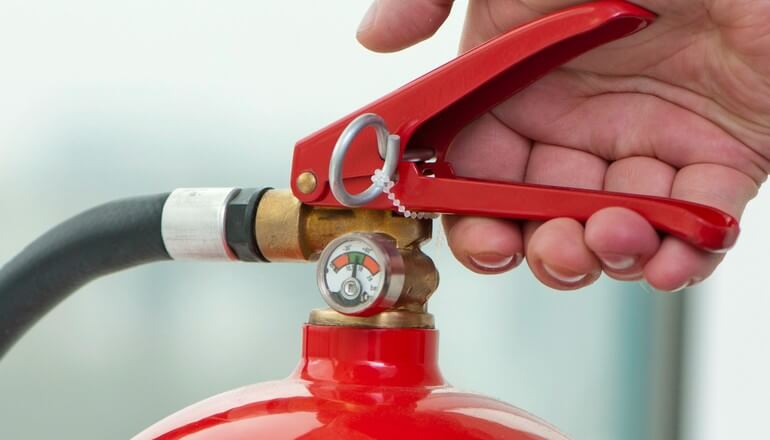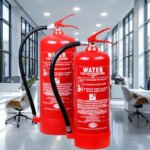Fire Extinguisher Supplier Harrogate: What Every UK Business Needs to Know
Fire is one of the biggest risks a business can face. It can start quickly, spread rapidly, and cause significant damage in minutes. For UK employers, the responsibility isn’t just about minimising damage—it’s about keeping people safe and staying compliant with the law. One of the simplest yet most effective protections is having the right fire extinguishers on site.
Legal Duties for UK Businesses
In the UK, the Regulatory Reform (Fire Safety) Order 2005 makes it clear: every business must provide suitable fire-fighting equipment. The “responsible person” (usually the employer or building manager) is legally required to ensure extinguishers are available, accessible, and maintained.
Ignoring this duty isn’t just unsafe—it can lead to hefty fines and, in serious cases, prosecution.
Understanding Fire Classes and Extinguishers
Not all fires are the same, which is why fire extinguishers come in different types. Using the wrong one can actually make a fire worse. Here’s a breakdown:
- Water – For solid materials like wood, cardboard, and fabrics.
- Foam – Works on solids and flammable liquids.
- CO₂ (Carbon Dioxide) – Safe for electrical fires and clean, leaving no residue.
- Dry Powder – A multi-purpose option for various fire types, though less suitable indoors.
- Wet Chemical – Specifically designed for kitchen fires involving oil or fat.
A professional fire risk assessment will identify which types your business needs.
How Many Do You Need?
A common rule of thumb is two extinguishers per floor, but the actual number depends on the building layout and fire risks. For example:
- Offices with lots of IT equipment will usually need CO₂ extinguishers.
- Commercial kitchens must have wet chemical extinguishers.
- Warehouses or factories may need dry powder extinguishers for flammable materials.
Extinguishers should never be more than 30 metres away from where people are working.
Positioning Matters
Simply owning fire extinguishers isn’t enough—they need to be easy to reach in an emergency. Best practice includes:
- Mounting extinguishers on walls or stands.
- Placing them along escape routes.
- Keeping them clear of obstructions.
- Adding clear signs so staff can quickly identify the right type.
Training Your Staff
The law requires employers to train staff in fire safety. This doesn’t mean everyone needs to be a fire marshal, but your team should know:
- Where extinguishers are located.
- Which extinguisher to use for which fire.
- How to operate them safely.
- When it’s safer to evacuate than attempt to tackle a fire.
Even basic awareness training can make the difference between a small incident and a disaster.
Servicing and Maintenance
Fire extinguishers must be ready to work at a moment’s notice. That means:
- Monthly in-house checks (look for damage, missing safety pins, or low pressure).
- Annual servicing by a qualified fire safety technician.
- Immediate replacement or refilling after use.
Failing to maintain extinguishers could leave you legally exposed and uninsured in the event of a fire.
Protecting Your People and Business
Fire Extinguisher Supplier Harrogate: Fire extinguishers are one of the simplest, most effective safeguards a business can invest in. They’re affordable, reliable, and legally required. More importantly, they give your staff the chance to control small fires before they become life-threatening.
By carrying out a proper fire risk assessment, installing the right extinguishers, and keeping them maintained, you’ll not only meet your legal obligations—you’ll protect your staff, your customers, and your livelihood.




